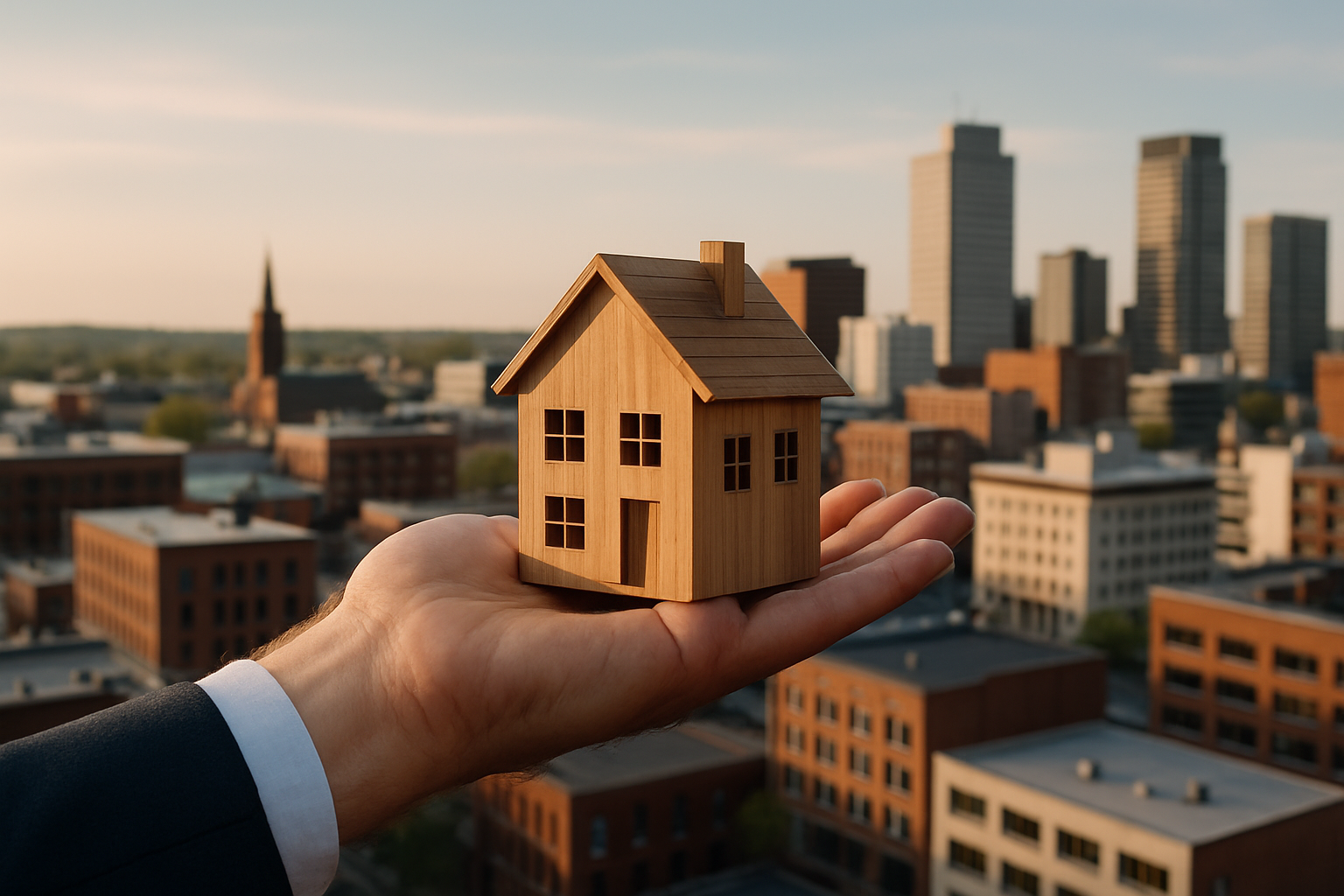Smart City Real Estate: Decoding the Future of Urban Property Markets
Wondering how real estate works online? Discover platforms and tools that simplify property searches, offering virtual tours, detailed listings, and market insights, making it easier than ever to find, compare, and choose the right home from the comfort of your own space.

The Technological Backbone of Smart Urban Real Estate
Smart city infrastructure represents a quantum leap in urban development, integrating advanced technologies like Internet of Things (IoT), artificial intelligence, and comprehensive data analytics into urban planning and real estate design. These technological innovations are fundamentally restructuring property valuations, urban mobility, and residential experiences. Municipal networks now leverage sensors, predictive algorithms, and real-time data management to optimize everything from traffic flow to energy consumption, directly impacting property values and investment potential.
Economic Implications for Property Markets
The emergence of smart city technologies creates substantial economic opportunities within real estate markets. Properties located in technologically advanced urban zones demonstrate significantly higher appreciation rates compared to traditional developments. Intelligent infrastructure attracts premium tenants, corporations, and investors seeking cutting-edge living and working environments. Municipal investments in digital connectivity, sustainable design, and integrated urban systems are driving substantial increases in property values, creating lucrative investment corridors for forward-thinking real estate professionals.
Residential Experience Transformation
Smart city real estate transcends traditional property boundaries by offering holistic living experiences. Residential developments now incorporate advanced home automation, predictive maintenance systems, and personalized environmental controls. Apartments and homes are evolving into adaptive spaces that respond dynamically to residents’ needs, preferences, and lifestyle patterns. These technological integrations enhance comfort, efficiency, and overall quality of life, making smart city properties increasingly attractive to discerning buyers and renters.
Investment Strategies for Smart Urban Real Estate
Successful real estate investment in smart city environments requires nuanced understanding of technological trends and urban development strategies. Investors must evaluate properties based on digital infrastructure, connectivity potential, and future-proofing capabilities. Key considerations include proximity to technological hubs, municipal innovation zones, and areas with robust digital ecosystems. Sophisticated investors are redirecting capital toward developments that demonstrate strong technological integration, sustainable design, and potential for long-term appreciation.
Challenges and Considerations
Despite immense potential, smart city real estate confronts significant challenges including substantial initial infrastructure investments, complex regulatory environments, and privacy concerns related to data collection. Developers and investors must navigate intricate technological and legal landscapes while maintaining ethical standards of urban development. Successful implementation requires collaborative approaches involving technology firms, municipal authorities, real estate developers, and community stakeholders.
Future Outlook and Market Potential
Smart city real estate represents a dynamic frontier in urban development, promising transformative potential for global property markets. As technological capabilities continue expanding, urban spaces will become increasingly intelligent, adaptive, and responsive to human needs. Forward-thinking cities worldwide are already implementing sophisticated digital infrastructure, signaling a comprehensive reimagining of urban living and property investment strategies. The convergence of technology, urban planning, and real estate development heralds an exciting new era of metropolitan evolution.




